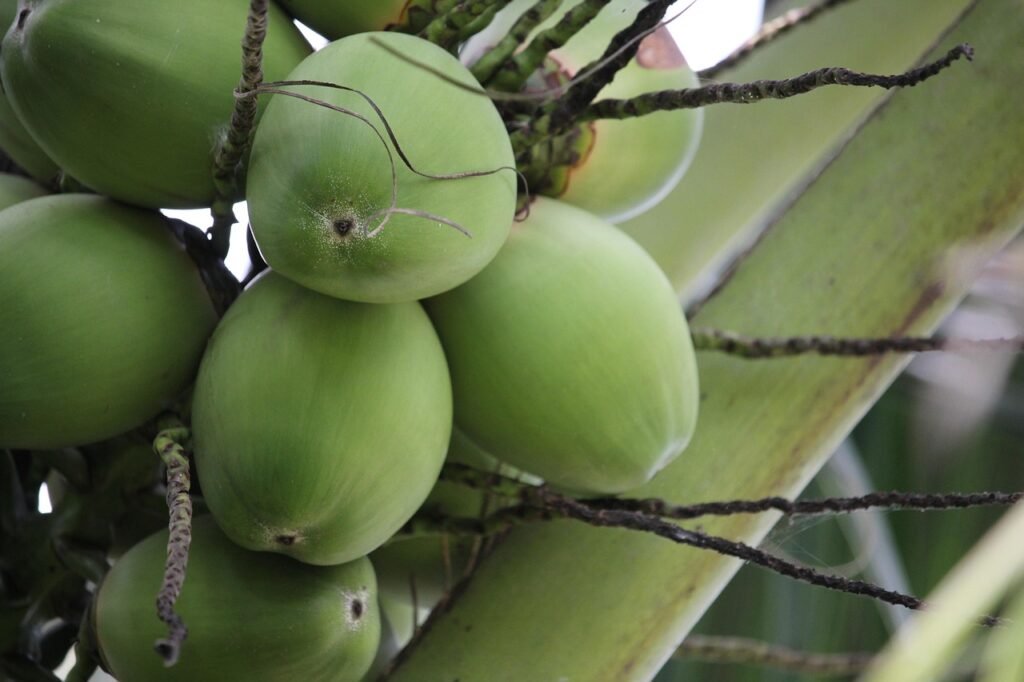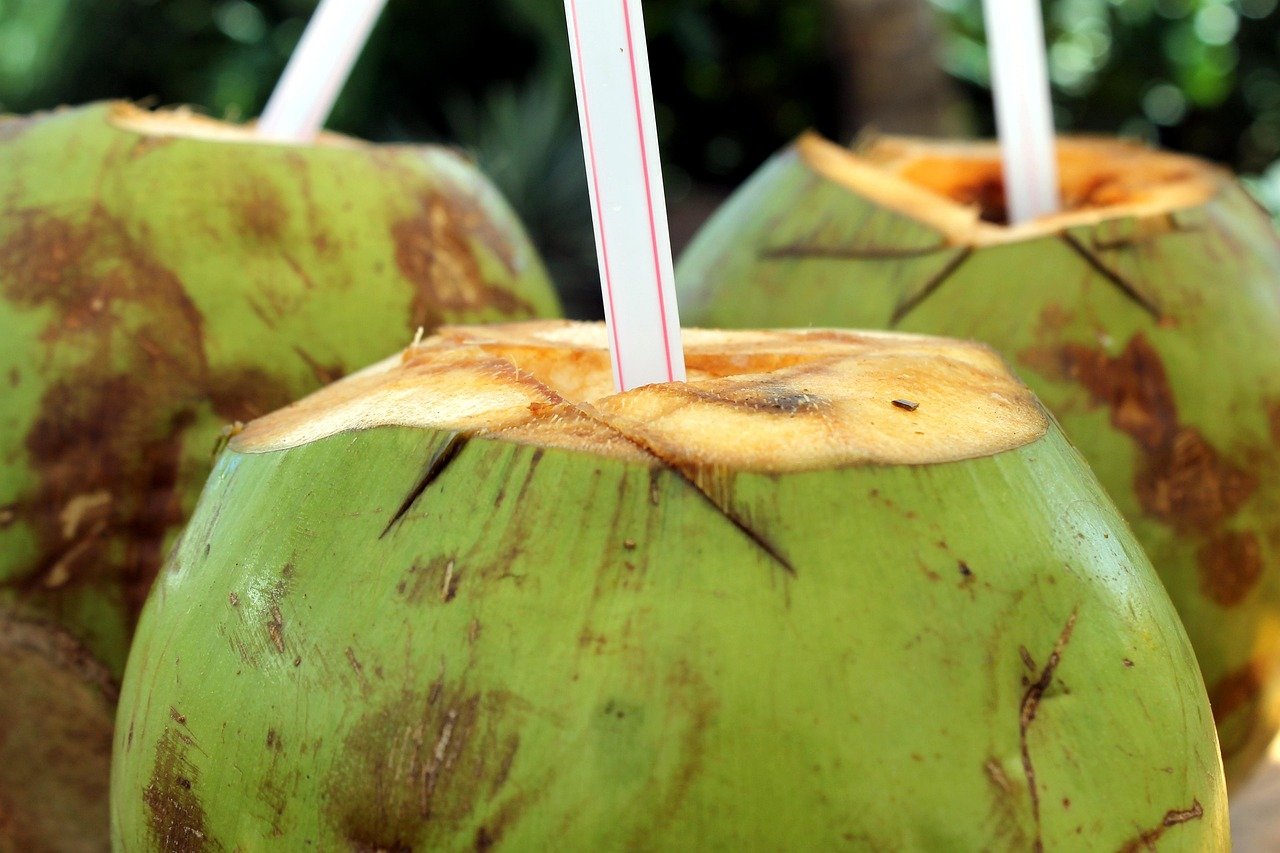Coconut water, often called nature’s energy drink, has gained popularity as a refreshing and healthy beverage. With its light sweetness and tropical taste, it’s loved by fitness enthusiasts and health-conscious individuals alike. While coconut water offers plenty of health benefits, drinking it excessively can also have unexpected side effects. Understanding both sides can help you make the most of this natural drink.
The Health Benefits of Drinking Coconut Water
Coconut water is a nutrient-packed, low-calorie drink that provides hydration and natural electrolytes. A typical glass contains around 45 calories and 11 grams of natural sugar, making it an excellent choice for those looking to stay hydrated without consuming sugary drinks. It is rich in potassium, magnesium, calcium, and phosphorus — minerals that play key roles in muscle function, heart health, and energy balance.
Drinking coconut water after workouts helps restore electrolytes lost through sweat, reduces fatigue, and supports muscle recovery. It is a great alternative to commercial sports drinks that often contain artificial flavors and added sugar.
Another major benefit of coconut water is its ability to support heart health. It contains more potassium than a banana, which helps regulate blood pressure and reduces the risk of stroke. Including potassium-rich foods and drinks like coconut water in your diet can help maintain healthy blood circulation and keep your cardiovascular system strong.
Coconut water also supports digestion. Its magnesium content promotes bowel movement and helps prevent constipation. At the same time, staying hydrated improves digestion and overall gut health.
For glowing skin, coconut water works wonders. Dehydration often leads to dry, tired skin, and drinking coconut water daily keeps your body hydrated from within. Some coconut water varieties are enriched with vitamin C, which boosts collagen production and helps maintain youthful skin.
If you’re trying to reduce sugar intake, coconut water can replace sodas or fruit juices. The unflavored version contains no added sugar, making it a smart choice for diabetics and those managing calorie intake. Always check the label to ensure you’re drinking 100% pure coconut water without additives.
Coconut water is also effective in rehydrating the body during illness. When you lose fluids due to fever, diarrhea, or vomiting, coconut water helps restore electrolytes more efficiently than plain water. Some brands also add extra vitamins, boosting immune strength.
Additionally, it can support weight management. Many people mistake thirst for hunger, leading to overeating. Staying hydrated with coconut water can control appetite and reduce unnecessary snacking. Since it contains fewer calories than soda or juice, it’s a smart option for those aiming to lose weight naturally.
After a long night of drinking alcohol, coconut water can also relieve hangover symptoms. It helps replace lost electrolytes, reduces fatigue, and quenches thirst effectively, making you feel refreshed faster.
Possible Risks of Drinking Too Much Coconut Water
Although coconut water is natural and healthy, drinking it in excess may not be suitable for everyone. It is particularly high in potassium, which can be risky for individuals with kidney problems. When the kidneys cannot eliminate excess potassium, it can lead to hyperkalemia — a condition that causes irregular heartbeats and, in severe cases, heart complications.
Coconut water also acts as a mild diuretic, which means it increases urine production. Drinking it excessively, especially before bedtime, may lead to disrupted sleep due to frequent urination. Those with digestive sensitivities, such as Irritable Bowel Syndrome, should also limit their intake because coconut water can act as a natural laxative.
People with allergies to coconuts or tree nuts should avoid it to prevent allergic reactions. Even mild reactions should be taken seriously, as they can worsen without proper management.
Although coconut water is not as sugary as soft drinks, it still contains carbohydrates that can raise blood sugar levels if consumed in large amounts. People with diabetes should limit intake to one glass per day and choose water from young green coconuts, which have a lower sugar concentration.

Coconut water can also lower blood pressure. For those already taking medication for hypertension, drinking it too often may cause blood pressure to drop too low. It’s best to consult your doctor if you’re on heart or blood pressure medication before making it a daily habit
Coconut water is an excellent source of hydration, vitamins, and electrolytes, making it one of the best natural drinks for maintaining overall health. It helps with hydration, skin health, digestion, and heart function while offering a refreshing, low-calorie alternative to sugary drinks.
However, moderation is key. Too much of it can cause imbalances, especially for individuals with health conditions such as kidney disease, heart issues, or diabetes. To enjoy its benefits safely, choose fresh coconut water over bottled varieties, avoid added sugars, and limit your intake to one or two glasses per day.
Enjoying coconut water responsibly allows you to experience its natural goodness while protecting your body from unwanted side effects.


















